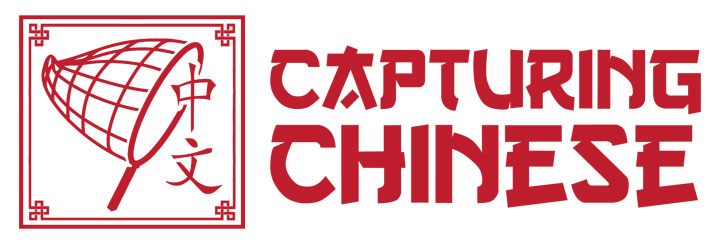Almost Out! Capturing Chinese Stories: Prose and Poems by Revolutionary Chinese Authors
The next book in the Capturing Chinese series is almost out! We are reading over the final draft of the book before shipping it off for publication. This book takes a departure from the previous books in our series in that we have used five different Chinese authors. They are: Lu Xun, Zhu Ziqing, Hu Shi, Zhou Zuoren, and Lin Yutang. We have picked some of the most influential pieces of literature from these five authors and formed a collection of Chinese stories called "Capturing Chinese Stories: Prose and Poems by Revolutionary Chinese Authors". Each one of these authors has played an instrumental role in China and having a grasp of them and their work will lead insight into China's past and present. Learning Chinese through literature is the backbone of the Capturing Chinese philosophy. As always, each story includes a short summary, footnotes for difficult vocabulary, pinyin located at the end of each story, as well as an author introduction. Audio files will also be included free of charge with each purchase of the book. The audio files will include a male and female native speaker and will be available later this year. Capturing Chinese Stories: Prose and Poems by Revolutionary Chinese Authors has been requested by several Chinese professors to be used in their Chinese literature course. Each new book in our series quickly becomes our favorite. Some of the stories are absolute must reads for Chinese students. The stories are famous throughout China and many make up the course syllabus of young Chinese students in Mainland China. Capturing Chinese Stories: Prose and Poems by Revolutionary Chinese Authors includes the following prose and poems: Zhu Ziqing Haste, Spring, The Silhouette of His Back, The Moonlit Lotus Pond, The White Man — God’s Proud Son, Thinking of Wei Woqing Lu Xun Excerpts from Wild Grass: Epigraph, Autumn Night, Hope, and The Evolution of the Male Sex Hu Shi Mr. Almost Man, My Mother, and In Memory of Zhimo Lin Yutang My Turn at Quitting Smoking Zhou Zuoren The Aging of Ghosts ISBN: 978-0-9842762-3-3 If you would like an email update when the book is available then make sure to join our mailing list by adding your email at the top right corner of this page. Cheers, Kevin and the Capturing Chinese team
